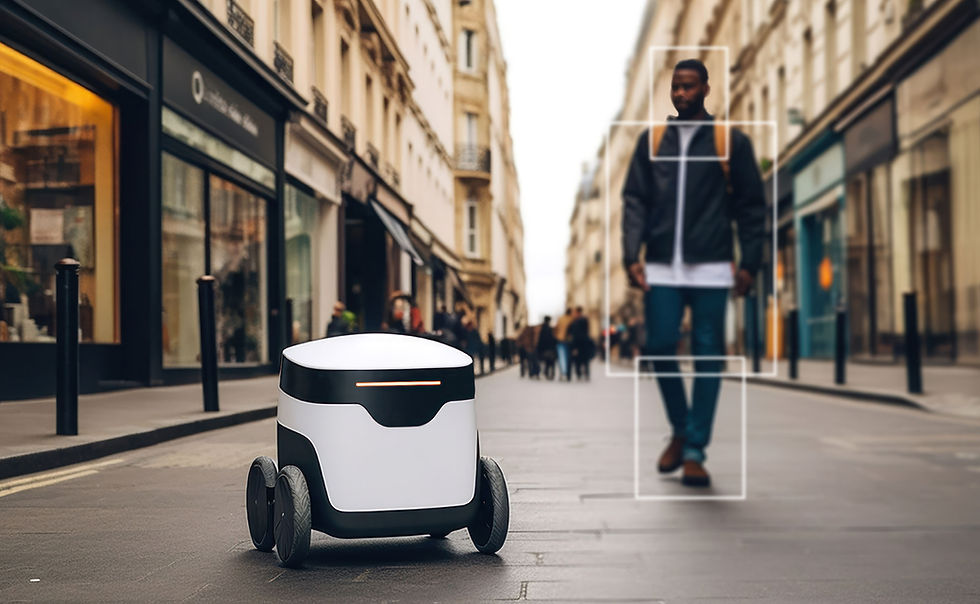Engineering Evolution: Generative AI's Impact on Simulation and Innovation
- Aug 23, 2023
- 2 min read

Within the realm of engineering, a digital revolution is in full swing—Generative Artificial Intelligence (AI) is reshaping the landscape of simulation and innovation. This article delves into the heart of engineering excellence, revealing how the fusion of cutting-edge technology and analytical prowess is redefining the way we analyze, enhance, and perfect complex systems. From structural optimization to safety improvements, Generative AI is nurturing a future where engineering feats are not only precise but also visionary.
Introduction: Generative AI's Role in Engineering Transformation
Engineering and simulation have evolved into a realm empowered by AI. As the boundaries of innovation expand and complexities of systems deepen, technology provides a pathway to unlock unprecedented achievements. Generative AI collaborates with engineers, analysts, and designers, revolutionizing the way we conceptualize, design, and validate engineered solutions.
Structural Analysis and Optimization: Precision Perfected
Structures are refined with AI's touch. Generative AI dissects complex structural data to recommend optimization strategies. These insights lead to designs that withstand rigorous conditions while conserving materials, a hallmark of efficiency and sustainable engineering.
Crash Simulation and Safety Improvements: Pioneering Protection
Safety is at the forefront. Generative AI simulates crashes and proposes design enhancements to mitigate impact forces. This data-driven approach improves vehicle safety, safeguarding lives and reshaping automotive engineering standards.
Thermal Management System Design: Mastering Heat Dynamics
Thermal systems are orchestrated by AI. Generative AI analyzes thermal data to optimize designs for efficiency and cooling. This results in systems that harmonize with their environment while maximizing performance.
Noise, Vibration, and Harshness (NVH) Reduction: Engineering Harmony
NVH challenges are met with AI precision. Generative AI analyzes vibration data and suggests design modifications to reduce noise and discomfort. This mastery of NVH ensures that engineering achievements don't just perform well but also feel refined.
Material Innovation: Unlocking Possibilities
Materials are chosen with AI insight. Generative AI explores novel materials and proposes combinations that enhance performance and sustainability. These material choices shape the future of engineering with strength and environmental consciousness.
Design Iteration Acceleration: Pioneering Rapid Innovation
Generative AI accelerates iteration. By simulating countless design variations, AI refines solutions to their optimal form. This rapid innovation streamlines development cycles and brings products to market faster.
Ethical Considerations: Guiding AI for Good
As Generative AI transforms engineering, ethical considerations surface. Balancing AI-generated solutions with human expertise, addressing concerns of data privacy, and ensuring that AI serves as an aid rather than a replacement for engineering ingenuity are vital.
Conclusion: Shaping the Future of Engineering Excellence
Generative AI's impact on engineering is akin to sculpting a symphony of precision. As structural optimization, safety improvements, thermal management, and NVH reduction converge, they nurture a future where engineering mastery transcends boundaries, yielding solutions that elevate performance, safety, and innovation.




Comments